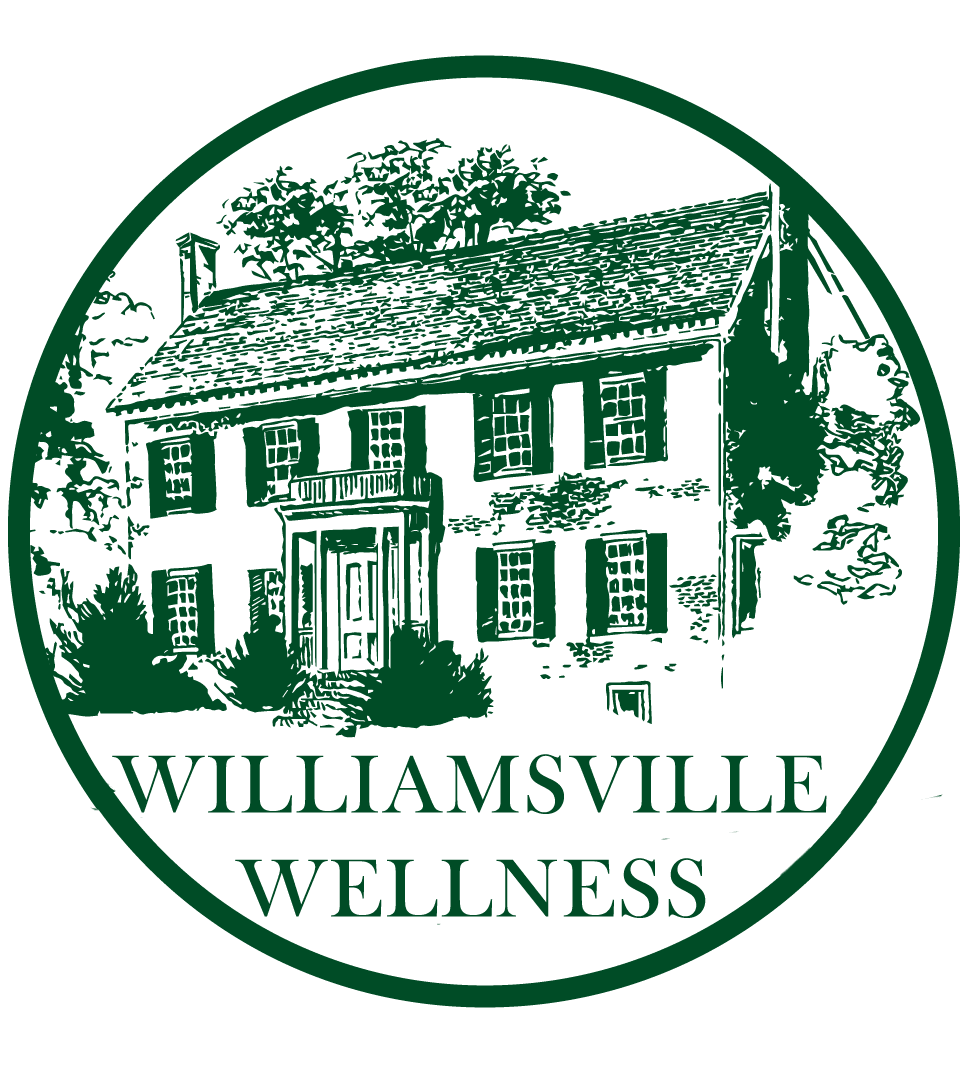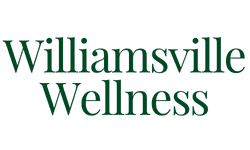What to Pack for Residential Addiction Treatment
Packing tips and guidelines to help you prepare for successful addiction recovery at Williamsville Wellness
📦 What You'll Learn in This Packing Guide
Preparing for residential addiction treatment is an important step in your recovery journey, and knowing what to pack can help reduce anxiety and ensure you have everything needed for a comfortable and successful stay. At Williamsville Wellness, we want you to feel prepared and supported from the moment you arrive at our treatment center.
Unlike a typical vacation or hospital stay, packing for addiction treatment requires careful consideration of both practical necessities and facility guidelines. Our goal is to create a therapeutic environment that supports your recovery, which means certain items are encouraged while others are prohibited for your safety and the safety of others in our treatment program.
💡 Packing Smart
Remember, you'll have access to laundry facilities throughout your stay, so you don't need to pack 28 days' worth of clothing. A week's supply of essentials is sufficient, allowing you to travel lighter and focus on what truly matters—your recovery.
This comprehensive guide covers everything you need to know about preparing for your stay at our Virginia treatment facility. We'll walk you through what to bring, what to leave at home, and important considerations specific to our programs and Virginia's climate. By following these guidelines, you'll arrive prepared and ready to fully engage in your comprehensive addiction treatment.
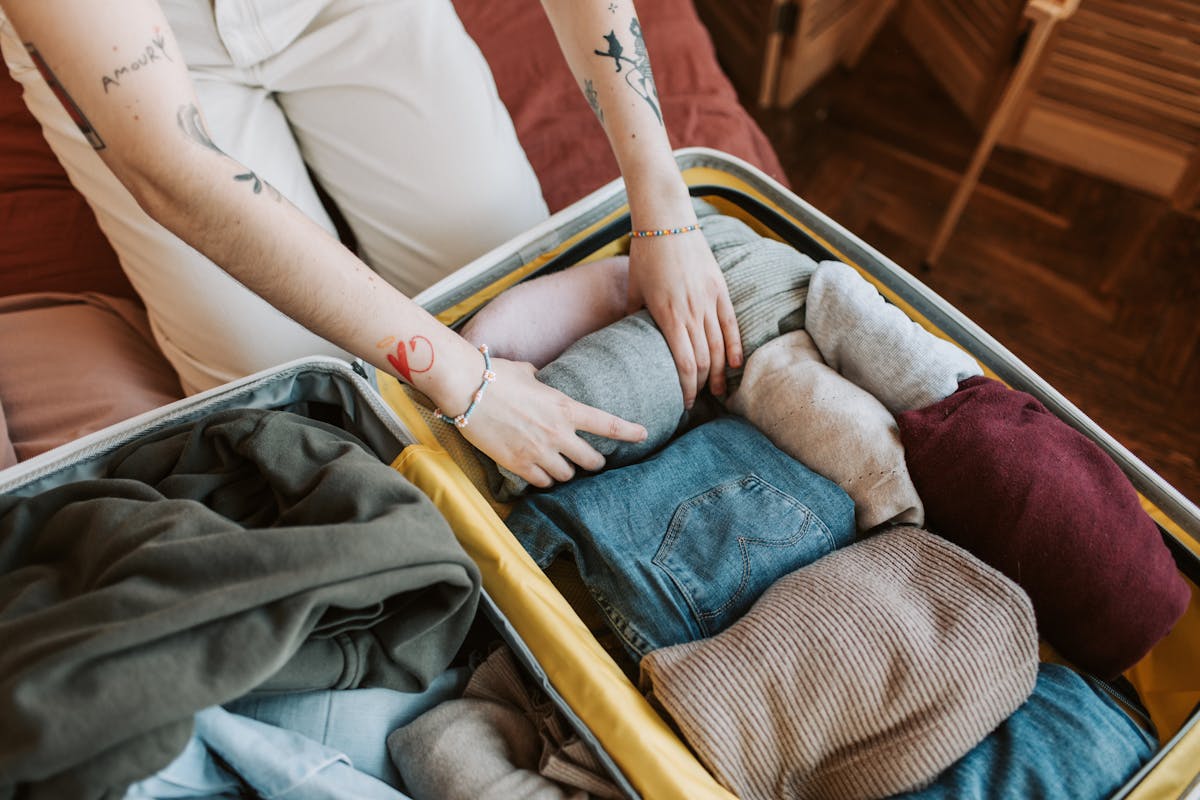
Thoughtful preparation helps ensure a smooth transition into treatment
Pre-Arrival Preparation and Important Considerations
Before you start packing, there are several important steps to take that will ensure your transition into residential treatment goes smoothly. First and most importantly, coordinate with your prescribing physicians to ensure you have adequate supplies of all medications that you'll need during your stay.
If you're currently taking prescription medications that might run out within a few days of your arrival, contact your doctor's office immediately to arrange for refills. While we do coordinate medication refills during treatment, having sufficient supplies upon arrival prevents any gaps in your medication regimen that could impact your health or recovery process.
It's also beneficial to gather all necessary documentation ahead of time. This includes your government-issued identification, insurance cards, emergency contact information, and any relevant medical records. Having these items organized and easily accessible will streamline your admission process and allow you to focus on settling into treatment rather than administrative tasks.
Consider creating a simple checklist of tasks to complete before arrival, such as arranging care for pets, informing employers about your absence, and ensuring bills are set up for automatic payment. Taking care of these responsibilities beforehand allows you to fully focus on your recovery without external distractions.
Contact our admissions team if you have specific questions about our facility's policies or Virginia's climate during your planned treatment dates. We're here to support you through every aspect of preparation, and addressing concerns ahead of time can significantly reduce anxiety about starting treatment.
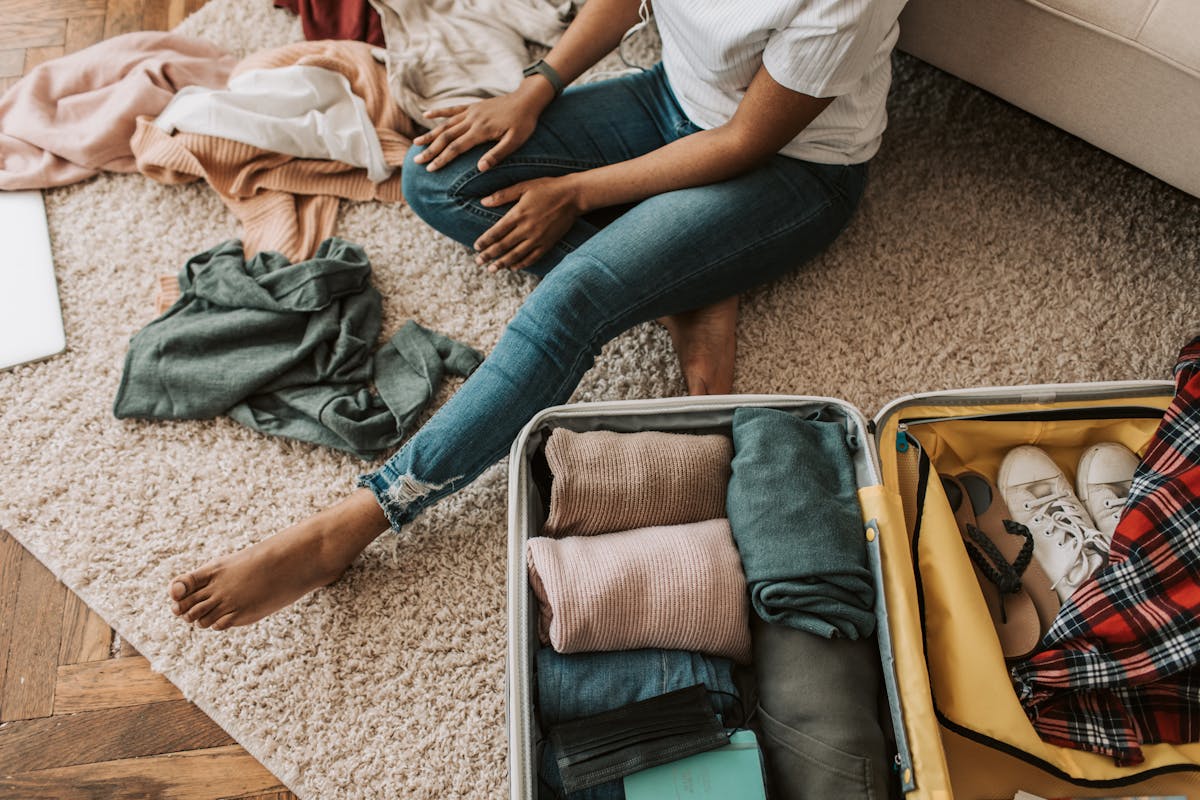
Organization and preparation set the foundation for successful treatment
Essential Clothing and Shoes
Our treatment facility maintains a casual, comfortable dress code that prioritizes your comfort while ensuring a respectful environment for all residents. Since we have fully equipped laundry facilities with washers and dryers that you can use throughout your stay, you only need to pack about a week's worth of clothing.
Focus on comfortable, easy-to-wash items that don't require special care like dry cleaning. Choose clothing that allows you to move freely during therapeutic activities and group sessions. Natural fabrics like cotton are often most comfortable, especially during Virginia's warmer months.
- Comfortable pants (jeans, khakis, sweatpants) - avoid overly tight or revealing fits
- Casual shirts (t-shirts, long-sleeve shirts, sweaters)
- Tank tops are acceptable when paired with cardigans or light jackets
- Undergarments and socks for one week
- Comfortable sleepwear (pajamas or comfortable loungewear)
- One slightly more formal outfit for special events or family visits
Footwear Essentials:
- Comfortable everyday shoes for general wear
- Athletic shoes or sneakers for gym activities and exercise
- Casual shoes suitable for indoor and outdoor activities
- Slippers or comfortable indoor footwear (optional)
Our facility includes a fully equipped gym, and exercise is an important component of our holistic approach to recovery. Physical activity supports both mental wellness and addiction recovery, so we highly encourage participation in our fitness programs. Since we only have one washer and dryer that residents share, pack multiple sets of workout clothes to ensure you have clean options available between laundry days.
Most graphic t-shirts are acceptable as long as they don't contain offensive language or substance-related imagery. The key guideline is that clothing should not be overly revealing or contain content that could be triggering or inappropriate for a therapeutic environment.
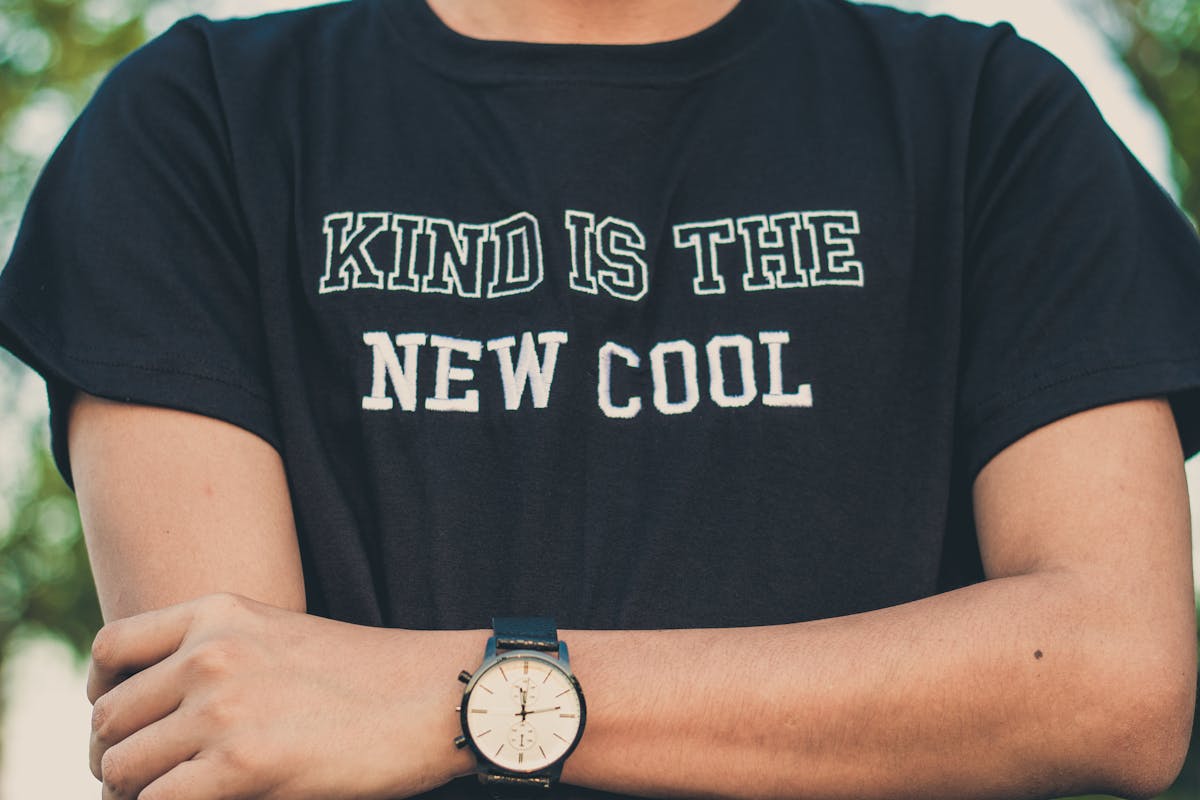
Pack comfortable, modest clothing that supports your therapeutic activities
Personal Care and Hygiene Items
Maintaining your personal hygiene routine is important for your physical health and emotional well-being during treatment. We encourage you to bring your preferred personal care products to help you feel comfortable and maintain your normal self-care practices.
All toiletries and personal care items must be alcohol-free. This means avoiding products like mouthwash, perfume, cologne, aftershave, and hand sanitizers that contain alcohol. These restrictions help maintain a safe, triggering-free environment for all residents, particularly those in early recovery who may be sensitive to alcohol-containing products.
- Toothbrush and alcohol-free toothpaste
- Shampoo and conditioner
- Body wash or soap
- Deodorant (alcohol-free)
- Lotion and skin care products
- Hair brush or comb
- Hair styling tools (blow dryer, curling iron, straightener)
- Shaving cream and razors
- Feminine hygiene products
- Makeup (if desired)
- Nail care items (nail clippers, files)
Hair styling tools and grooming equipment are permitted since our treatment center focuses on addiction recovery rather than housing individuals who pose safety risks. We maintain a supportive environment where basic personal care tools can be used safely and appropriately.
🧴 Alcohol-Free Products
When selecting personal care items, carefully read labels to ensure they don't contain alcohol. Many common products like mouthwash and hand sanitizer contain high levels of alcohol and are not permitted in our facility.
If you have specific dietary supplements or vitamins that you take regularly, these are permitted but must be in their original, sealed, and unopened packages. This policy ensures the safety and authenticity of all supplements brought into our treatment environment.
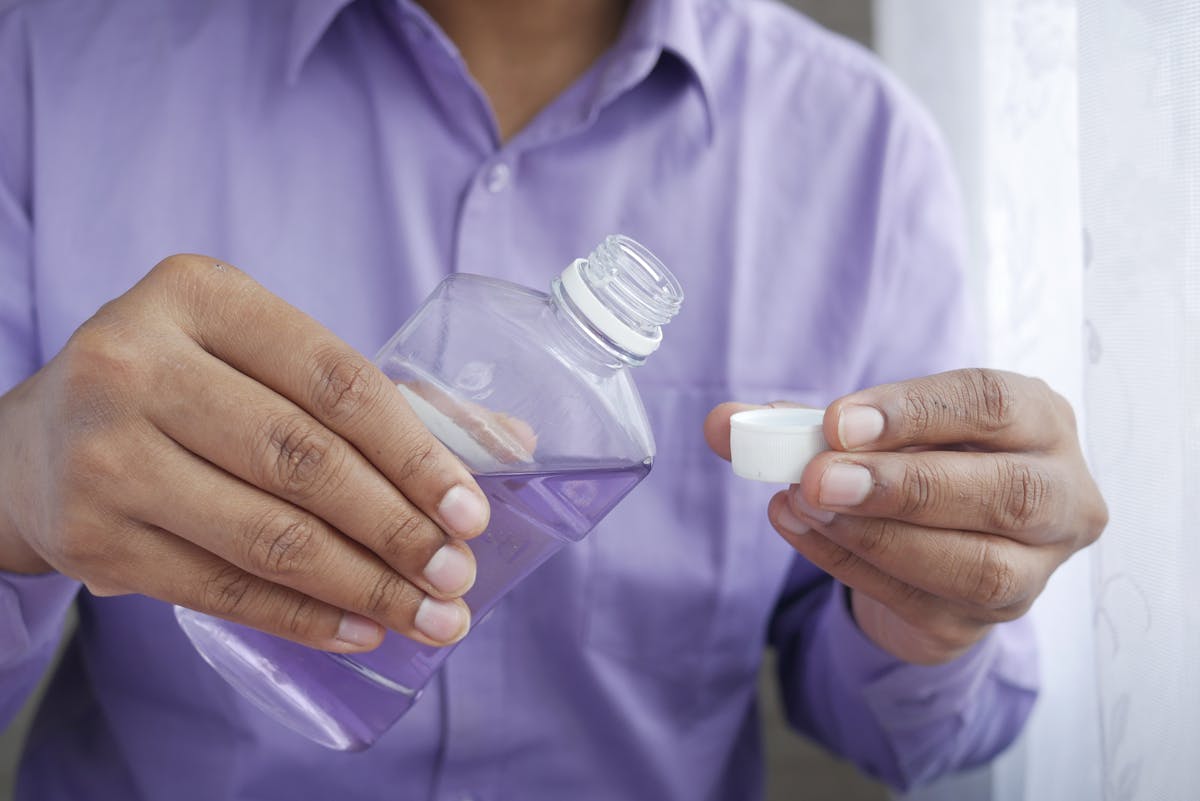
Bring alcohol-free personal care products to maintain your hygiene routine
Electronics and Technology Guidelines
Our approach to electronics balances staying connected with creating an environment conducive to recovery. We allow various electronic devices but have specific guidelines about their use to ensure they support rather than hinder your treatment progress.
Permitted Electronics:
- Cell phone (with usage restrictions during treatment activities)
- Laptop or tablet
- Kindle or e-reader
- iPod or music listening devices
- Smartwatch or fitness tracker
- Phone chargers and necessary cables
Cell phone usage may be restricted if it interferes with your treatment progress. This policy primarily applies to individuals receiving gambling addiction treatment, as phones can provide access to gambling applications and websites. However, any resident who uses their devices in ways that detract from treatment—such as texting during group therapy sessions—may face temporary restrictions.
We provide a secure safe on-site where you can store any valuable electronics when not in use. This gives you peace of mind about your belongings while encouraging you to be present and engaged during therapeutic activities.
⚠️ Gaming Device Restriction
Handheld video game devices, such as portable gaming consoles, are not allowed at our addiction treatment center. This policy helps minimize distractions and prevents isolation, creating an environment focused on recovery and interpersonal connection.
Music can be particularly therapeutic during recovery, so we encourage bringing devices that allow you to listen to music that supports your emotional well-being. However, be mindful of volume levels and use headphones when listening to music in shared spaces to respect other residents.
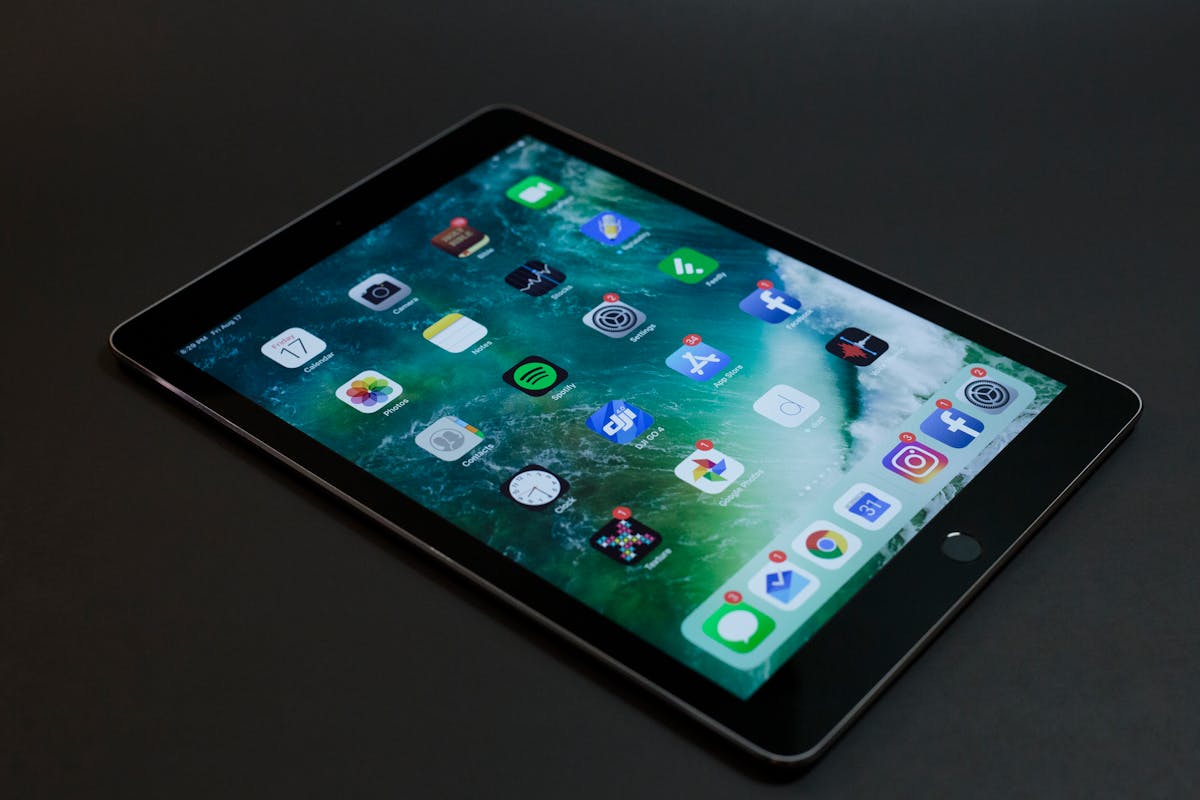
Electronic devices are permitted but usage may be guided by therapeutic needs
Medications and Health Requirements
Proper medication management is crucial for your health and safety during treatment. All prescription medications must be brought in their original pharmacy bottles with your name clearly printed on the label. This policy ensures we can properly identify, store, and administer your medications according to your prescribed regimen.
Bring a 30-day supply of all currently prescribed medications. If you're scheduled for treatment that extends beyond your current prescription supplies, coordinate with your prescribing physicians before arrival to ensure continuity of care. We do facilitate medication refills during treatment, but having adequate supplies upon arrival prevents any interruptions.
- All prescription medications in original bottles with your name
- Over-the-counter medications in original, sealed, unopened packages
- Vitamins and supplements in original, sealed, unopened packages
- Any medical devices you require (hearing aids, glasses, contacts)
- Medical documentation for complex health conditions
Over-the-counter medications such as pain relievers, allergy medications, or stomach remedies must be in their original packaging and sealed/unopened. This policy helps our clinical staff verify the contents and ensures the safety of all residents.
If you take medications for chronic conditions like diabetes, hypertension, or mental health conditions, these are especially important to continue during treatment. Never discontinue prescribed medications without consulting with your prescribing physician and our treatment team.
Our treatment center is not a medical facility, but we do have a psychiatrist available for psychiatric needs and a nurse to assist with basic medical care such as taking blood pressure and administering medications. For more complex medical needs, we coordinate with local medical providers and can arrange transportation to doctors' offices or urgent care when necessary.
If you have questions about bringing specific medications or supplements, contact our admissions team before your arrival date. We're happy to clarify our policies and help ensure you arrive with everything needed to maintain your health during treatment.
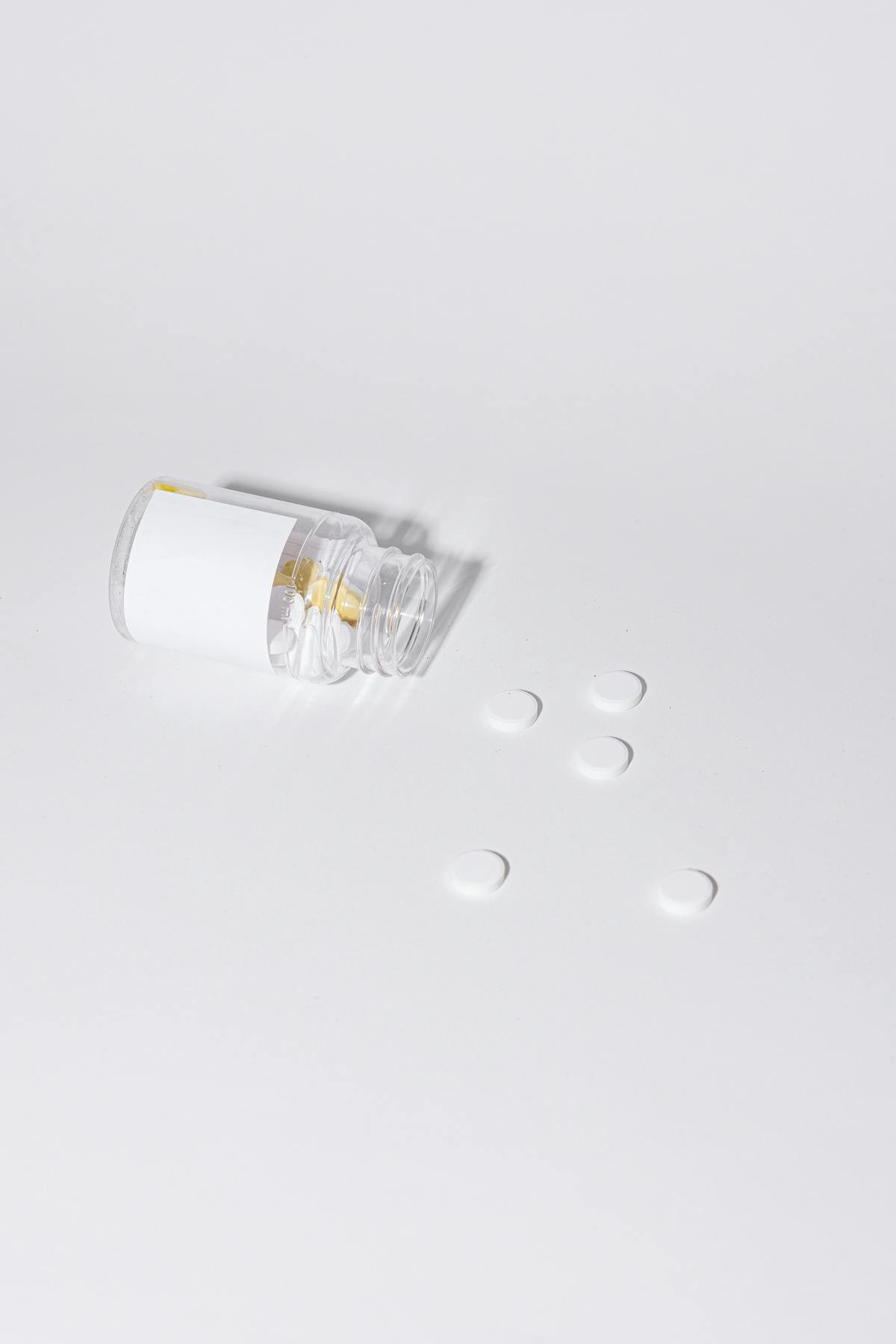
Bring all medications in original bottles with proper labeling
What NOT to Bring
Understanding prohibited items is just as important as knowing what to pack. These restrictions exist to maintain a safe, therapeutic environment that supports everyone's recovery journey. All bags are inspected during the admission process to ensure no prohibited items enter our treatment facility.
Strictly Prohibited Items:
- Any products containing alcohol (mouthwash, perfume, cologne, hand sanitizer)
- Weapons of any kind (pocket knives, guns, or any sharp objects)
- Illegal drugs or substances
- Clothing with drug, alcohol, or offensive imagery/language
- Overly revealing or inappropriate clothing
- Handheld video game devices or portable gaming consoles
- Candles, incense, or items with open flames
- Large amounts of cash (small amounts for personal purchases are acceptable)
Clothing restrictions focus on maintaining a respectful, non-triggering environment. Avoid clothing that references substance use, contains profanity, or displays imagery that could be offensive to others in recovery. Remember that many individuals in early recovery are particularly sensitive to triggers, so being mindful of clothing choices helps create a supportive community environment.
You don't need to bring bedding, pillows, linens, towels, laundry detergent, or toilet paper—we provide all of these essentials. Our kitchen is fully stocked with various foods, snacks, and drinks that are shared among all residents, so outside food and beverages are also unnecessary.
🔒 Safety First
All prohibited item restrictions serve important safety and therapeutic purposes. If you accidentally pack something that's not allowed, don't worry—our staff will work with you to safely store or return these items without any negative consequences.
We reserve the right to ask residents to change clothing if an outfit is deemed inappropriate for the therapeutic environment. This policy helps maintain respect and comfort for all residents and supports the overall treatment atmosphere.
Virginia Climate Considerations
Virginia's climate can vary significantly throughout the year, and weather can be unpredictable even within seasons. Understanding what to expect can help you pack appropriately for comfort during your stay at our treatment facility.
Summer months (June-August): Can be quite hot and humid. Pack lightweight, breathable fabrics like cotton. Include shorts (of appropriate length), short-sleeve shirts, and light layers. Don't forget sunscreen and a hat for outdoor activities.
Winter months (December-February): Can be cold with occasional snow or ice. Pack warm layers including sweaters, jackets, long pants, and closed-toe shoes. Indoor spaces are heated, so layers allow you to adjust to different temperatures throughout the day.
Spring and Fall: These transitional seasons can be particularly unpredictable. A day that starts cool might become warm, or vice versa. Pack a variety of options including both short and long sleeves, and consider bringing a light jacket even during warmer months.
Virginia's weather can change quickly, so it's wise to pack both warm and cool weather options regardless of the season. Even in summer, air conditioning can make indoor spaces cool, and even in winter, some days can be surprisingly mild.
Consider the activities you'll participate in during treatment. Our facility includes both indoor and outdoor therapeutic activities, so you'll want clothing suitable for various environments. Comfortable walking shoes are especially important since many of our therapeutic approaches include outdoor time and physical activity.
Rain can occur year-round in Virginia, so consider packing a light rain jacket or umbrella, especially if your treatment stay coincides with spring when rainfall is more frequent. Having appropriate rain gear ensures you can continue participating in all aspects of your treatment program regardless of weather conditions.
Personal Items and Comfort Objects
Bringing personal items that provide comfort and connection can significantly support your emotional well-being during treatment. These items help make your temporary living space feel more familiar and can serve as important reminders of your motivation for recovery.
Recommended Personal Items:
- Photos of family, friends, and pets
- A journal or notebook for reflection and therapy work
- Books focused on recovery, self-help, or spirituality
- Small comfort items like a favorite blanket or pillow
- Address book or contact information for important people
- Small amount of cash for staff-coordinated store runs
Photos can serve as powerful motivational tools, reminding you of the people and relationships that support your recovery journey. Many residents find that having pictures of loved ones in their room provides comfort during challenging moments and reinforces their commitment to getting well.
Journaling is a valuable therapeutic tool that many of our experienced counselors encourage. Having your own notebook allows you to process experiences, track progress, set goals, and work through emotions that arise during treatment. Writing can be particularly helpful for individuals who find verbal expression challenging.
When selecting books to bring, choose materials that support your recovery or personal growth. Many residents benefit from reading about recovery experiences, mindfulness practices, or spiritual development. For clinician-recommended reading suggestions, visit our free recovery tools page which includes links to free ebook copies of books specifically recommended by our treatment team. Avoid materials that might glamorize substance use or contain content that could be triggering for yourself or others.
📖 Reading for Recovery
Reading materials focused on recovery, personal development, and spiritual growth can complement your formal treatment programming and provide valuable insights during quiet reflection time.
A small amount of cash can be useful for personal items you might need during your stay. Our staff can coordinate store runs to purchase specific items you request, such as cigarettes or particular snacks you prefer, using the money you've provided. However, large amounts of money aren't necessary since meals, beverages, and most amenities are provided. Most residents find that $50-100 in small bills is sufficient for their entire stay.
Arrival Day Checklist and Final Preparation
As your treatment start date approaches, having a clear checklist can help ensure you're fully prepared and can focus on the important transition into recovery rather than worrying about forgotten items.
Essential Documents to Bring:
- Government-issued photo ID (driver's license or passport)
- Insurance cards and any pre-authorization documentation
- Emergency contact information
- List of current medications with dosages
- Any court-ordered treatment documentation (if applicable)
Arriving at treatment can feel overwhelming, but remember that our admissions team is experienced in helping people through this transition. We understand that starting treatment requires courage, and we're committed to making your arrival as smooth and welcoming as possible.
During the admission process, your belongings will be respectfully inspected to ensure compliance with our facility guidelines. This is a standard safety procedure that applies to all residents, and our staff handles this process with dignity and understanding.
If you discover you've forgotten something essential or accidentally packed a prohibited item, don't let this create anxiety. Our staff is experienced in helping residents address these situations, and minor packing oversights won't impact your treatment experience.
Consider arriving well-rested and having eaten recently, as the admission process and settling into a new environment can be emotionally and physically taxing. Taking care of your basic needs beforehand allows you to be more present for the important conversations and orientations that happen on your first day.
Most importantly, remember that seeking professional addiction treatment is a courageous decision that demonstrates your commitment to recovery. Everything you need to pack is secondary to the most important thing you're bringing: your willingness to engage in the recovery process and commitment to changing your life.
Focus on What Matters Most
While having the right items packed is important for your comfort during treatment, the most essential things you bring to recovery can't be packed in a suitcase. Your openness to change, willingness to participate in treatment activities, and commitment to engaging with counselors and fellow residents are the true foundations of successful recovery.
At Williamsville Wellness, we understand that starting residential treatment represents a significant life change. Our experienced team is dedicated to supporting you through every aspect of this transition, from answering questions about what to pack to providing comprehensive, evidence-based treatment that addresses your unique needs.
Our treatment approach focuses on addiction recovery while recognizing that many individuals also benefit from support for co-occurring mental health conditions. We work collaboratively with your existing healthcare providers to ensure continuity of care for any medical needs while providing specialized addiction treatment services that help you develop skills for long-term recovery.
Remember that recovery is a process, not a destination, and residential treatment is just one important phase of your overall journey. By preparing thoughtfully and approaching treatment with openness and commitment, you're setting yourself up for success not just during your stay with us, but in building a sustainable, fulfilling life in recovery.
🎯 Treatment Success
Your success in treatment depends far more on your commitment to the recovery process than on what you pack. Come prepared to engage, learn, and grow—everything else is just logistics.
The journey to recovery starts with a single step, and seeking treatment is often the most challenging part. Once you've made that decision, practical concerns like packing become much simpler. Trust in the process, trust in our experienced team, and most importantly, trust in your own capacity for healing and growth.
Ready to Take the Next Step in Your Recovery?
Don't let addiction control your life any longer. Recovery is possible with professional support and evidence-based treatment approaches. Our compassionate team at Williamsville Wellness understands the courage it takes to seek treatment, and we're here to support you through every step of your recovery journey. We focus on addiction treatment while you continue working with your regular healthcare providers for medical needs.
Take the first step toward lasting recovery today—your future depends on the decision you make right now.
📞 Call 804-655-0094Speak with our admissions team about our residential treatment programs and get answers to any questions about preparing for your stay at Williamsville Wellness.
